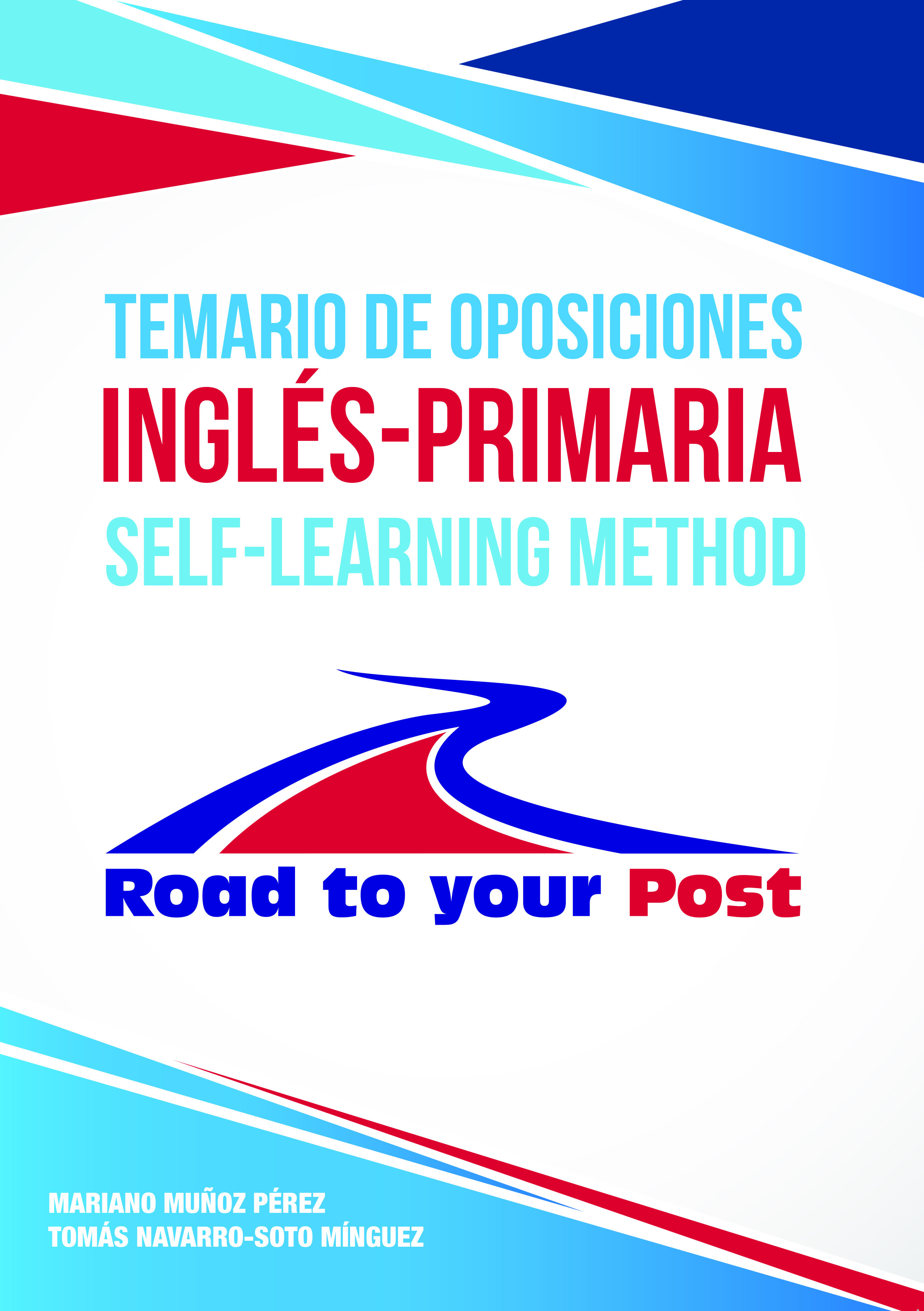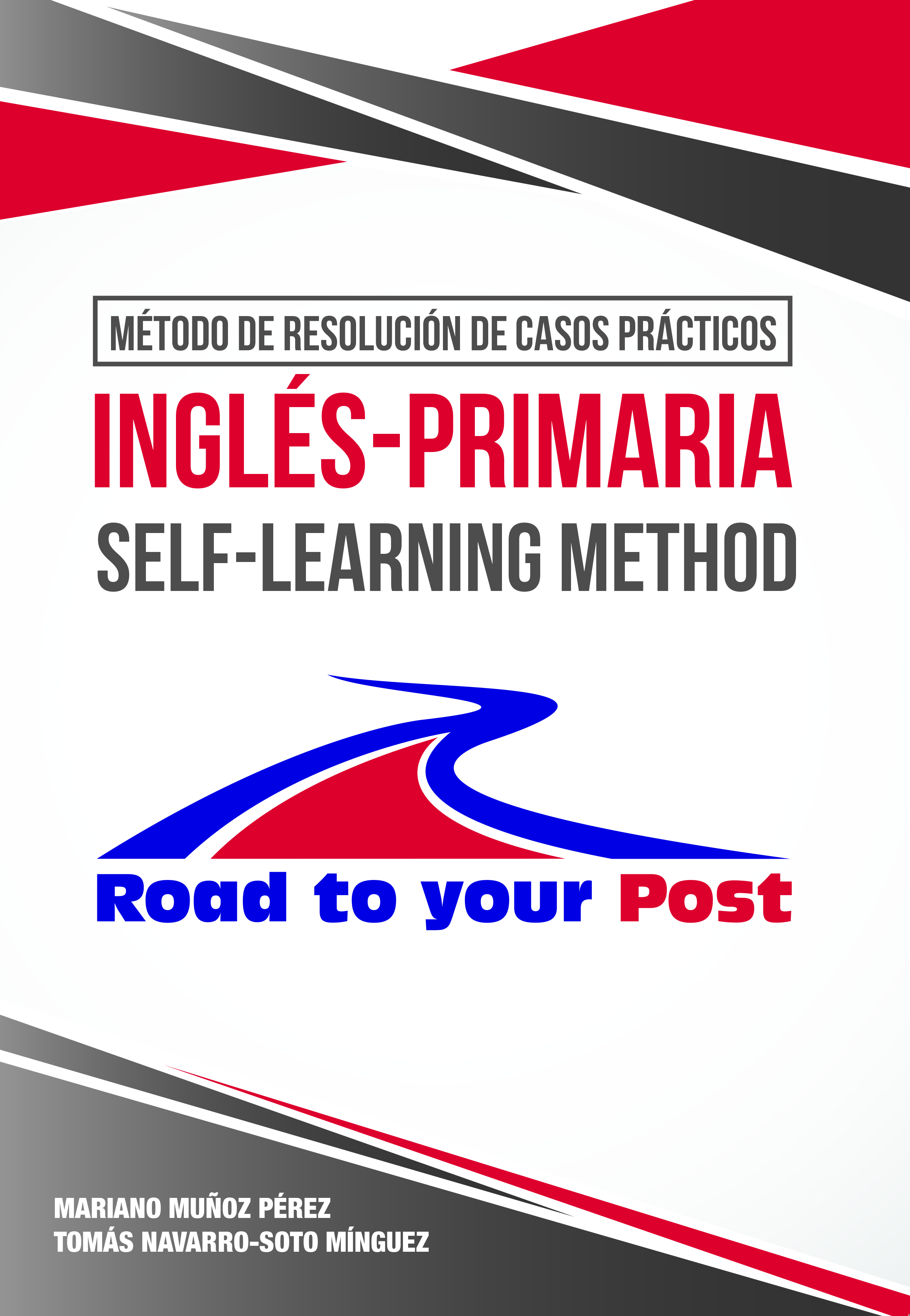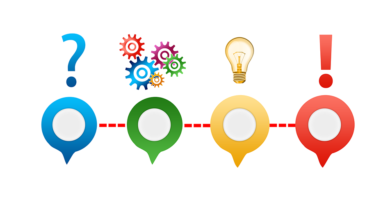The Wizard of Oz. Storytelling in the FL Classroom as a Teaching Strategy.
The Wizard of Oz. Storytelling in the FL Classroom as a Teaching Strategy.
By: TabTale (Youtube videos).
Follow us: https://www.facebook.com/OposicionesInglesRP/
More about Road to your Post: oposicionesingles.com
Text extracted from: Temario de oposiciones Inglés-Primaria. Self-learning method.

From Topic 3: Development of Linguistic Skills: Listening, speaking, reading and writing. Communicative competence in English.
Finally, it is worth mentioning the Common European Framework of Reference for Languages (CEFRL), as it has had a significant impact on foreign language teaching, learning and assessment in the European context. In its own words, the CEFRL “provides a common basis for the elaboration of language syllabuses, curriculum guidelines, examinations, textbooks, etc. across Europe. It describes in a comprehensive way what learners have to learn to do in order to use a language for communication and what knowledge and skills they have to develop so as to be able to act effectively.” In this sense, the CEFRL establishes international standards for learning, teaching and assessment for modern languages in Europe. Regarding the methodology in language learning, the CEFRL states that a fundamental principle is that the methods employed shall be more effective if they consider the needs of the learners and their social context. In this sense, the CEFRL views learners as individuals in charge of accomplishing real tasks through the FL in the so called “action-based approach”.
Text extracted from: Método de resolución de casos prácticos. Self-learning method.

METHODOLOGICAL SUPPORT
Given this, reading treatment in the FL and its contribution to the reading plan may be adjusted to the following strategies:
Appropriate text selection, considering our learners´ linguistic competence, their developmental stage, the motivating power of the text and its contribution in terms of linguistic benefit.
Purpose of reading. Whatever at word or sentence level, children should feel that they are doing something useful with the FL; if a reading task is properly planned, our students must identify the purpose of reading, which shall contribute to implement real use of the language.
Staging. When planning a reading task, it is useful to think of three different stages, as it happens with listening activities. Thus, many reading activities can be staged into pre, while and post reading. In the pre-reading stage, the goals are to motivate learners, creating willingness to read and expectations to increase their interest; and prepare them for the activity, activating previous knowledge or building up new language required for the reading task. In the while-reading stage, FL teachers help students to understand the specific content and to perceive the rhetorical structure of the text. Finally, in the post-reading stage students integrate knowledge by applying what has been read and understood to different contexts and situations.
Classroom organisation. Creating a reading corner in which students can have access to attractive readings in different formats contributes to a favourable reading climate. Moreover, it offers the possibility to organise a books and comics lending system, which is an adequate strategy to motivate our learners to get familiar with written texts in the FL, thus developing a taste for reading.




